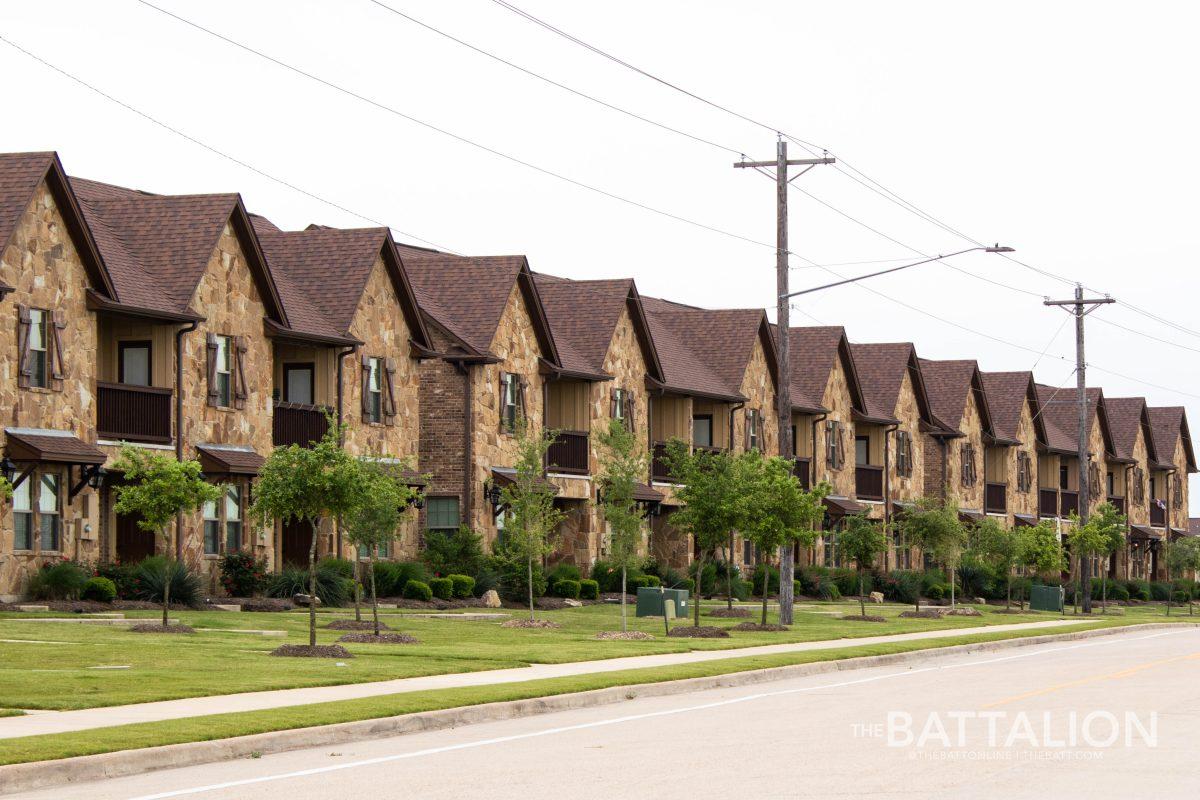We’ve all seen the homeless, and heard about the problem of homelessness, but it’s almost always in the context of housing or physical wellbeing. There is, however, another type of homelessness which can be just as pressing.
Here, it needs to be understood that a house is not a home.
A home cannot be built by contractors. It can’t be bought with money, and a social welfare program won’t be able to provide one. The kind of homelessness abounding in the world today is spiritual, not physical. That being said, it is harder to see, but no less real. We undoubtedly need to help people find shelter, find housing, but we also need to help give others a home.
To begin, we must come to an understanding about what a home is. A home is not a structure that provides you shelter from the elements. It is not the place where you live, or sleep or eat. Home is a community. Home is found in relationships with others. It is with those we love and with those who love us that we are most at home. For many, home can be found among their family, whose members are bound together by love.
Unfortunately, there are many more who have broken homes, who are ostracized by society or who, in whatever way, feel they don’t belong. They may never have known the love of a family, or the sense of fellowship that comes with being a part of a larger group. Perhaps they have known these things, but for some reason lost them. They don’t have a home. They live in a state of loneliness or isolation. They live in spiritual poverty.
The answer to this problem sounds easy enough: We need to truly love and accept those around us. By truly loving them and being willing to help bear their burdens, we can help give them a home, a sense of belonging, and be part of their family. For family is not just a relationship between blood relatives, it can be a spiritual relationship, too. It sounds simple, but in practice it can be much harder. We need to authentically love our neighbors and accept them — not the sinful behaviors and vices which perpetuate their spiritual poverty, but themselves. We have to recognize that we ourselves are sinful, and have no right to judge and condemn others. You can, and should, condemn the sin, but you can’t condemn the sinner.
We must show tolerance and understanding to others, because but for the grace of God, it could be you spiritually impoverished and homeless instead of them. We share a common humanity and human nature, after all. It may seem like a tangent, discussing how we should accept people and not their sins, but the prevalence in today’s society to tolerate every whim of capricious human nature only serves to further isolate and impoverish those we try to help. Home is where you are accepted and loved, in spite of all your faults, and it is at home where you ought to be loved enough to be told the truth, regardless of how much it hurts.
Practically speaking, loving our neighbor and giving them a home can be as simple as smiling at a stranger, or telling a joke to someone to help brighten their day. We don’t have to make some grand, heroic gesture. The little things we do in life can make the most profound impacts. Asking a stranger on the bus how their day is going, or just making small talk can help. Paying someone a nice compliment will do the trick. These small actions may seem insignificant, but they comprise a start in the right direction. All you have to do is what you can, when you can. It’s as simple as that. What might seem insignificant to you may be the highlight of someone’s day, and you may never know. So let’s start to build homes, one loving act at a time.
Ty Pargmann is a history sophomore and an opinion writer for The Battalion.





















